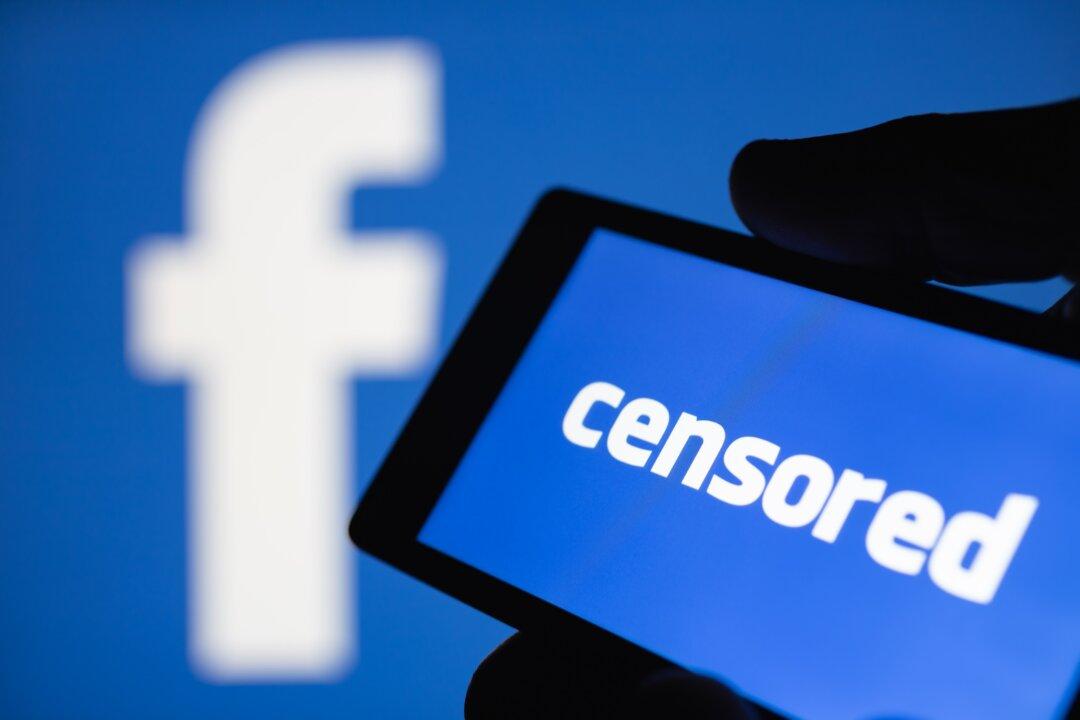Commentary
The knife attack earlier this month in Perth, in which the assailant was subsequently shot and killed by police, is the second seemingly religiously motivated knife attack within a month.

The knife attack earlier this month in Perth, in which the assailant was subsequently shot and killed by police, is the second seemingly religiously motivated knife attack within a month.